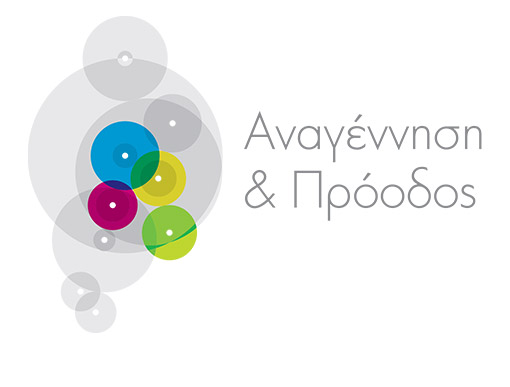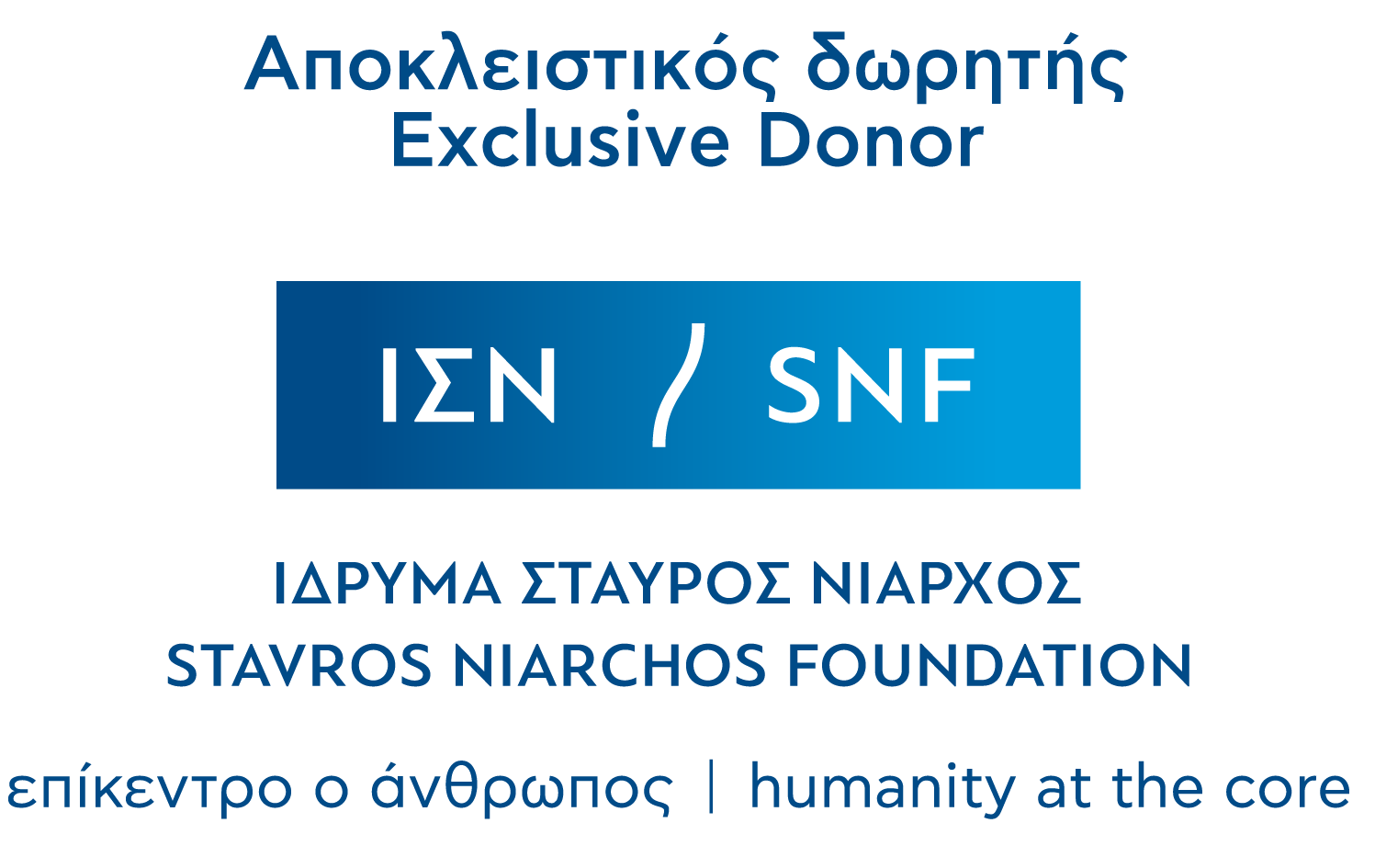Recently published review study on the long-term effects of pediatric cancer on future health focused on the emergence of chronic health complications in adults who were treated for pediatric cancer.
Simultaneously, exercise is proposed as a significant intervention strategy in the literature, as a health ally that helps reduce the risk of frequent complications from cancer treatment and addresses chronic non-communicable diseases, thereby improving quality of life and functionality.
The program supports exercise programs for individuals treated for pediatric cancer. Additionally, the use of technological equipment for daily recording of training loads achieves more effectively the increase in levels of physical activity and adherence to the exercise program.
The program is implemented by Sports Excellence | Department of Sports Excellence, 1st Orthopedic Clinic, University of Athens, supported exclusively by the Stavros Niarchos Foundation (SNF).
1.Bhatia S, Tonorezos ES, Landier W. Clinical Care for People Who Survive Childhood Cancer: A Review. JAMA. 2023;330(12):1175–1186. doi:10.1001/jama.2023.16875
2.Wurz A, McLaughlin E, Lategan C, Chamorro Viña C, Grimshaw SL, Hamari L, Götte M, Kesting S, Rossi F, van der Torre P, Guilcher GMT, McIntyre K, Culos-Reed SN. The international Pediatric Oncology Exercise Guidelines (iPOEG). Transl Behav Med. 2021 Oct 23;11(10):1915-1922. doi: 10.1093/tbm/ibab028.
3.Devine KA, Kwok G. Improving Physical Activity in Pediatric Cancer Survivors—Engaging Parents. JAMA Netw Open. 2022;5(6):e2219327. doi:10.1001/jamanetworkopen.2022.19327
4.Cheung AT, Li WHC, Ho LLK, Ho KY, Chan GCF, Chung JOK. Physical activity for pediatric cancer survivors: a systematic review of randomized controlled trials. J Cancer Surviv. 2021 Dec;15(6):876-889. doi: 10.1007/s11764-020-00981-w.


